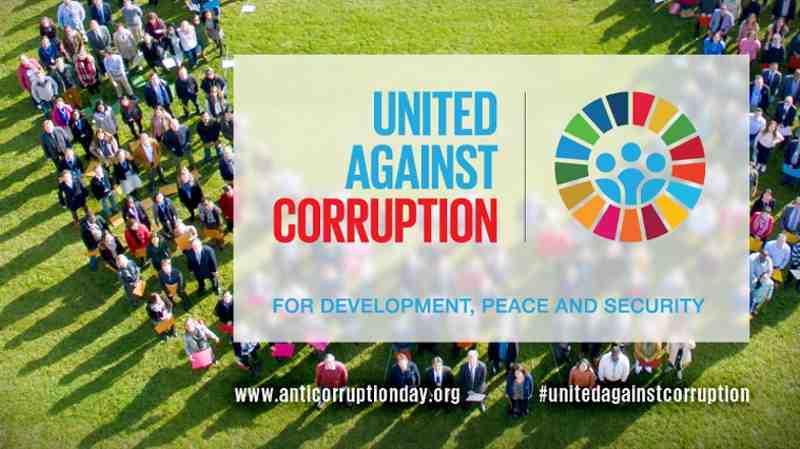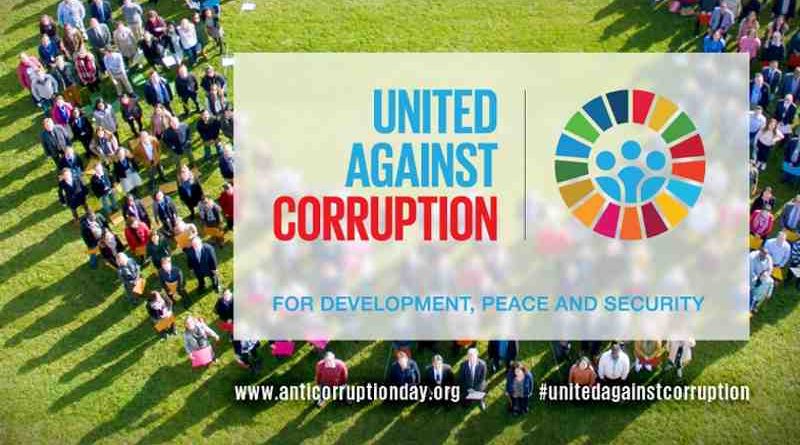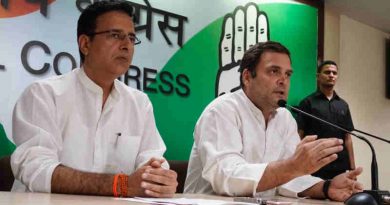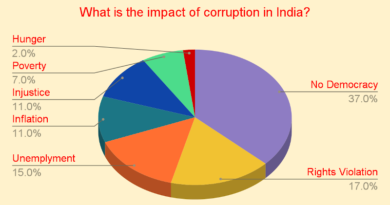Access to Information to Help Fight Corruption in Europe

Access to Information to Help Fight Corruption in Europe
GRECO welcomes states’ progress in implementing its recommendations to prevent corruption and promote integrity but underlines the need to strengthen the level of compliance.
The Group of States against Corruption of the Council of Europe (GRECO) has expressed concern about the restrictive application of the right of access to information in some European states and called on authorities to respect international standards in this field.
In its annual report for 2022, GRECO recalls the role that access to information plays in ensuring public transparency and in facilitating the pursuit of corrupt behaviour.
It regrets that in some countries, governments are still accorded a broad margin of discretion for determining what is in the public domain and whether to exclude certain documents from free access.
According to a GRECO statement released on June 15, government entities are often reluctant to disclose information and prefer to apply exceptions enabling them to withhold all or parts of information requested.
In addition, GRECO said, the application of laws on freedom of access to information is too often inconsistent across government entities, which shows the need for training to create a common understanding and application of national freedom of information laws.
GRECO’s president Marin Mrčela said: “Governments should guarantee the overall principle of transparency of public documents in practice. Any exception to the rule of public disclosure should be limited to a minimum and be thoroughly justified. When it comes specifically to public procurement, public scrutiny and access to official documents are key to effectively preventing corruption”.
In its evaluation reports, GRECO has reminded countries that they should apply the principles of the Committee of Ministers recommendation on access to official documents and the Council of Europe Convention on Access to Official Documents, which require that any limitation to the right of access to official documents must be necessary in a democratic society, proportionate, and only applied if there is not an overriding interest in disclosure.
In its annual report, GRECO recalls that in its 5th evaluation round – focusing on the prevention of corruption and the promotion of integrity among central governments and law enforcement – it has identified a number of shortcomings concerning access to information in the law-making process.
Public consultation timeframes are often not respected, which hinders the consultation process in producing meaningful contributions and influencing the legislative process.
GRECO welcomes states’ progress in implementing its recommendations to prevent corruption and promote integrity but underlines the need to strengthen the level of compliance.
By the end of 2022, slightly less than half of GRECO’s recommendations on central governments’ top officials and just under two thirds of those concerning the police had been implemented, either fully or partly.
GRECO claims that states continued to make progress in implementing recommendations from GRECO´s 4th evaluation round concerning MPs, judges and prosecutors: Half of those recommendations (49.5%) had been fully implemented at the end of 2022, up from 45% the previous year. States had partly implemented a third of the outstanding recommendations, while 17% remained not implemented.
The Group of States against Corruption (GRECO) is a Council of Europe body that aims to improve the capacity of its members to fight corruption by monitoring their compliance with anti-corruption standards.
It helps states to identify deficiencies in national anti-corruption policies, prompting the necessary legislative, institutional and practical reforms.




